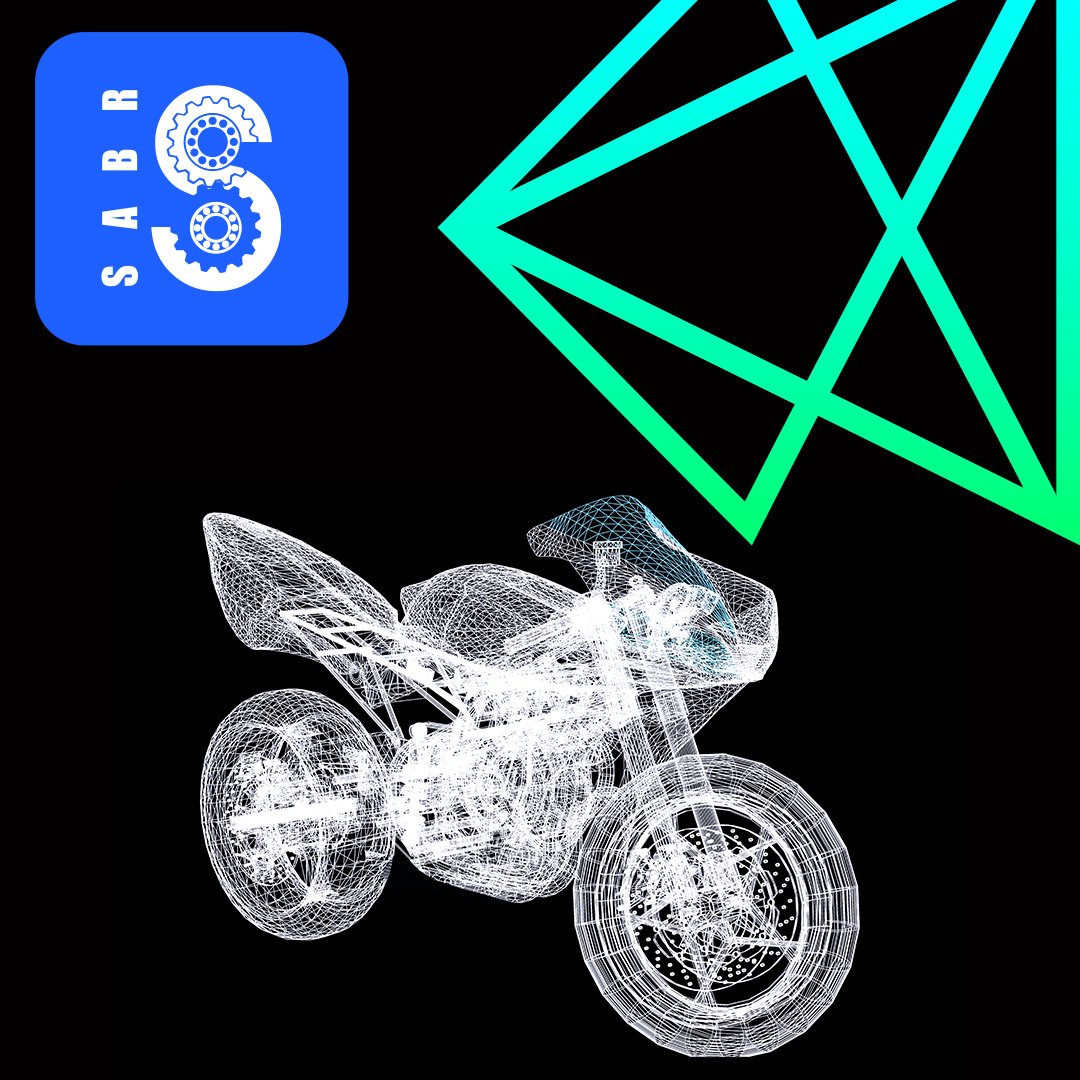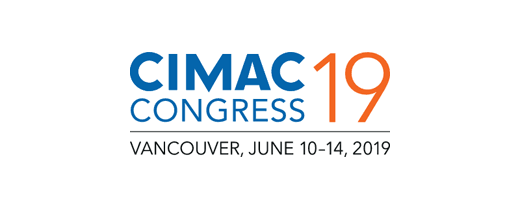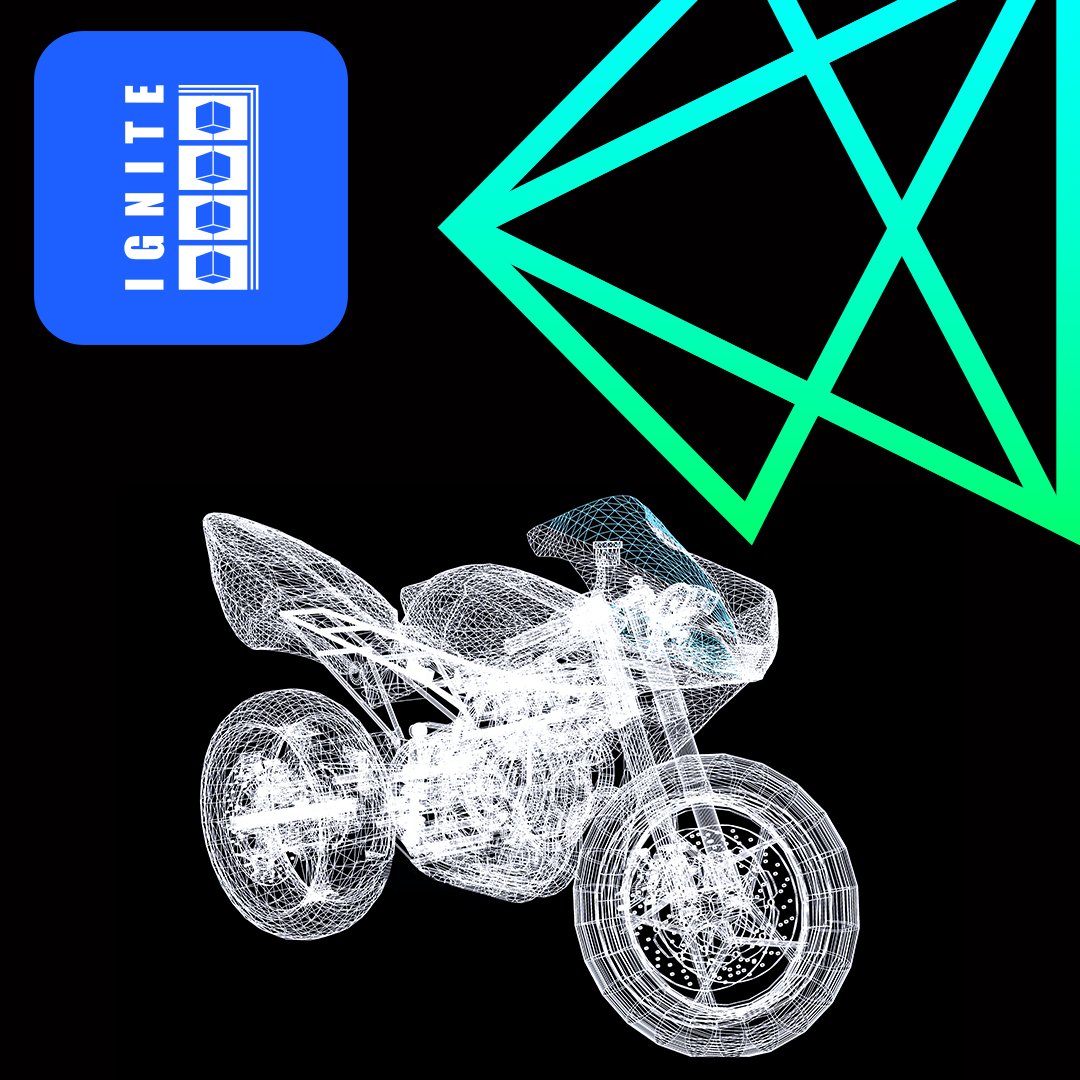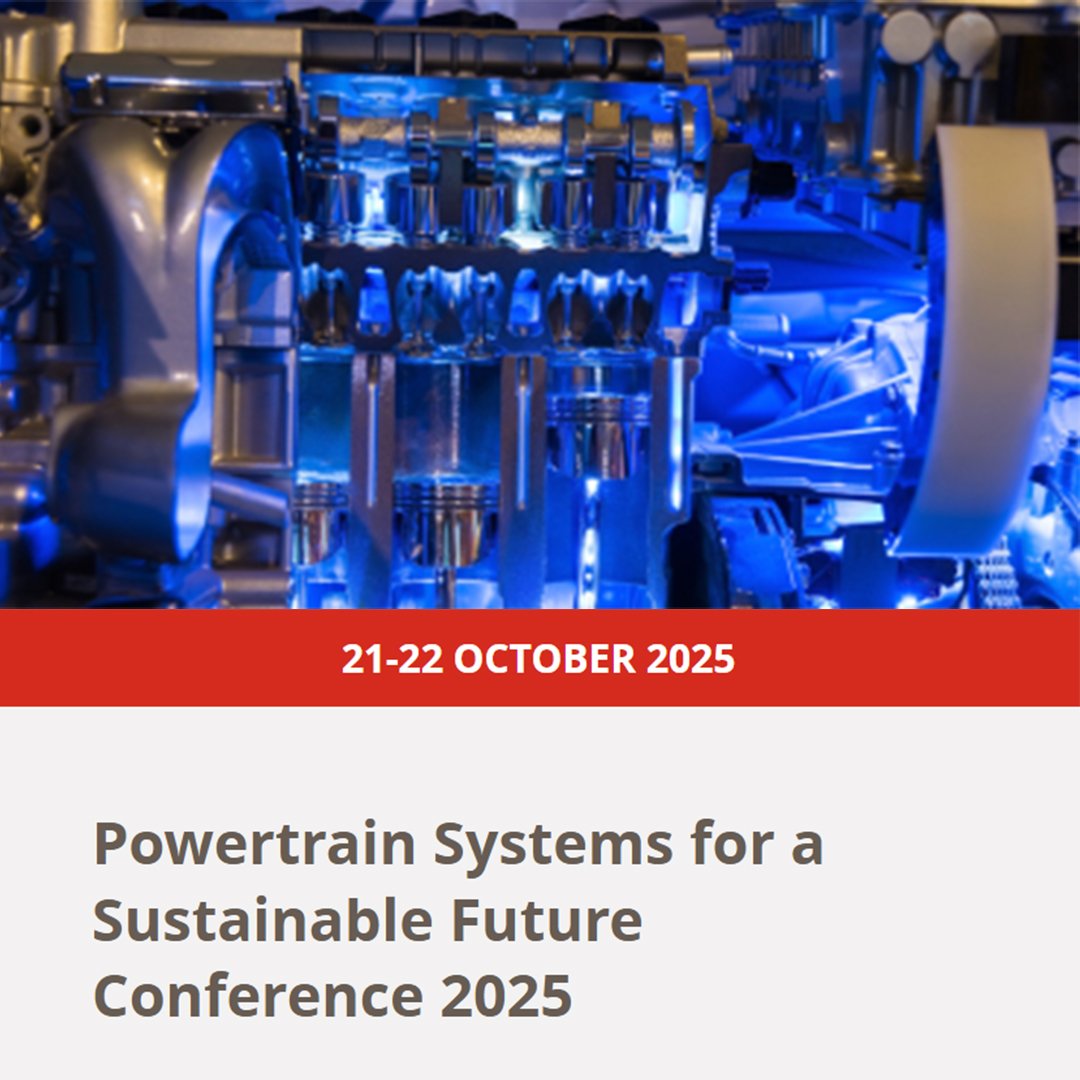
Simulation of Marine Hybrid Systems: An Effective Tool in Streamlining Design, Operation and Classification


Simulation of Marine Hybrid Systems: An Effective Tool in Streamlining Design, Operation and Classification
The drive to decrease carbon emissions from shipping is leading to technical innovations including the uptake of hybridisation for on-board power as well as propulsion systems. This is underlined by the IMO Marine Environment Protection Committee (MEPC) member states who, in April 2018, agreed to target an overall 50 percent reduction in CO2 output by 2050. Hybridisation will be an important technology in achieving this formalised goal.
Hybrid systems in this marine context include main and auxiliary generators (both engines and fuel cells), combined with electrical storage in the form of batteries. When combined with the interconnected sub-systems and all associated load demands, the level of complexity in the overall system is significantly increased. Hybrid systems also offer new vessel operating modes, thereby, creating greater flexibility compared to traditional systems. Consequently, the mutually dependent design, operation and Classification processes will benefit hugely from a simulation supported approach applied from the concept stage and extending through life. This will assure harmonisation and streamlining of these three aspects.
Investment in hybridisation within the automotive and land based power systems industries has led to development of simulation techniques, software and know-how that can be applied to the marine sector. While this will have an increasingly important role in the future, it should be borne in mind that simulation can never replace engineers, who must use their expertise to ensure that the full breadth of potential scenarios have been assessed in terms of the risks posed, to assure safe and reliable operation. This paper provides an overview of a simulation supported approach, providing examples where this could benefit the design, operation and classification processes using a 'typical' hybrid system arrangement onboard a Ro-Ro Ferry.
A PDF copy of this paper can be found in the CIMAC Technical Database using this search criteria. The PDF can be downloaded for free as a CIMAC member, otherwise a fee is payable.
Realis Simulation, formerly Ricardo Software.
Our insights


Advancing electric motorcycle innovation through systems simulation
Webinar